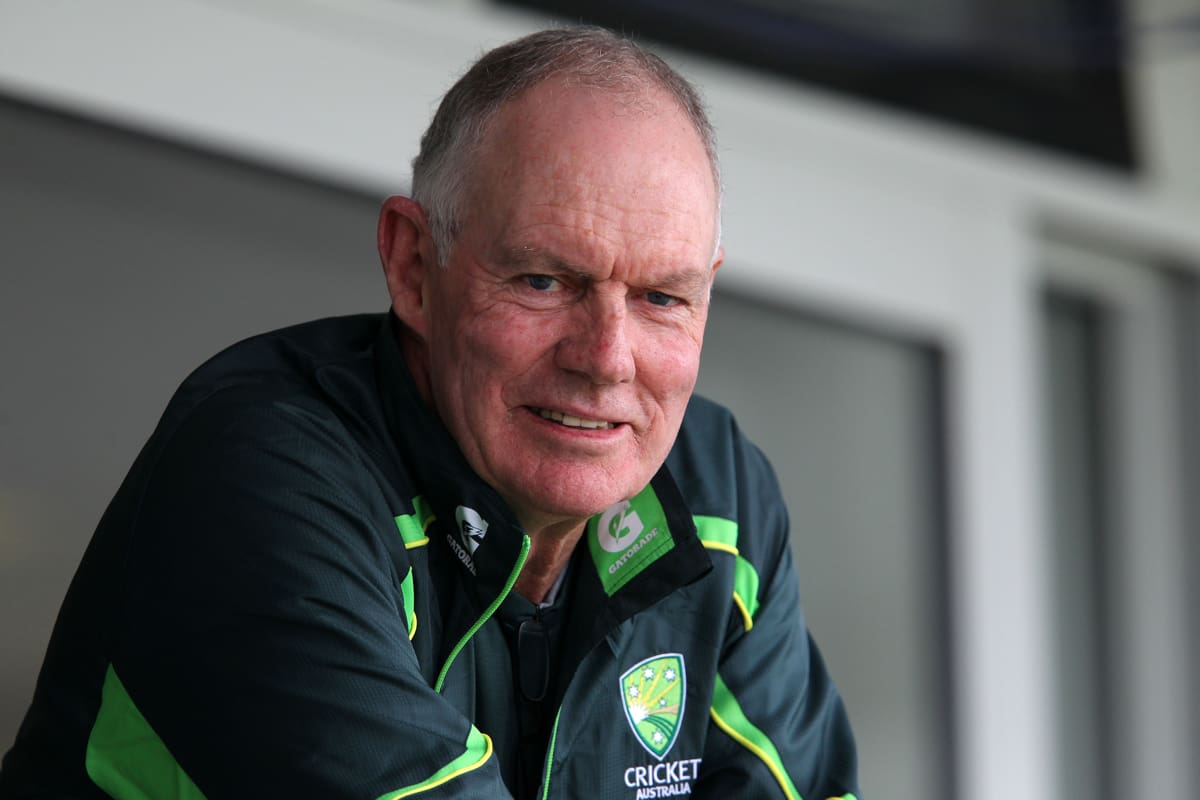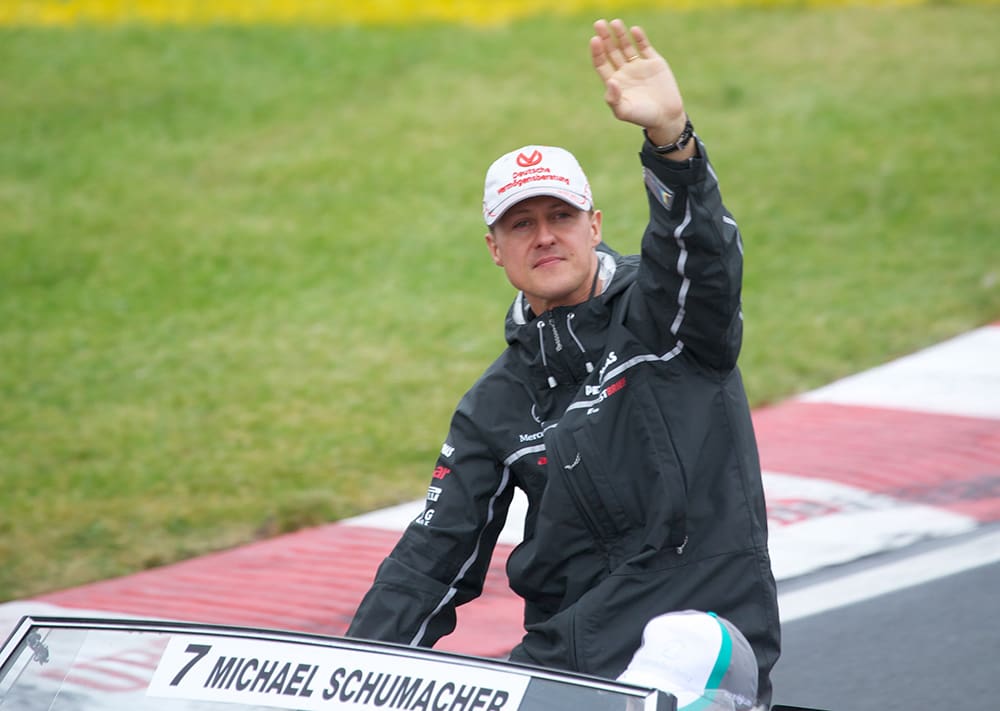FORMER TEST CAPTAIN Greg Chappell got an unpleasant surprise when he started working out early in the mornings in a famous Melbourne park – but he didn’t just blink and move on, writes RON REED:
AT A TIME when Australia’s cricketers are being viewed by some as being just a little too keen on feathering their own very comfortable nests, one of the sport’s biggest names has decided that charity begins at home – and has done something about it.
Former Test captain Greg Chappell was shocked into action by discovering that a prime piece of Melbourne parkland almost in the shadows of both Parliament House and the MCG has been the nearest thing to home a lot of people – many of them young – could claim.
While he was working for Cricket Australia as a manager of emerging talent between 2010 and 2014, Chappell lived in up-market East Melbourne and developed a habit of exercising in the adjacent Fitzroy Gardens each morning.

He couldn’t believe how many people were sleeping rough there, often huddling together for warmth next to a couple of electricity boosters.
Three years later, the result is The Chappell Foundation, a charity aimed at assisting Australia’s growing homeless population. The foundation “operates on the smell of an oily rag,” he says, and does not intend to tackle the problem itself, rather it will raise funds to provide support for those organisations already doing so.
It will be officially launched with a golf day at Elanora Country Club in Sydney featuring former top professional Wayne Grady and national cricket coach Darren Lehmann, along with an impressive line-up of notable Australians who have joined his board of directors
Supporter by his famous brothers Ian and Trevor, the Board includes prominent journalists Malcolm Knox and Tracey Holmes. It is chaired by businessman Darshak Mehta, a co-founder of the LBW Trust. The LBW stands for Learning for a Better World and the organisation aims to improve tertiary education opportunities for young men and women in cricket-playing nations such as India, Sri Lanka, South Africa and Zimbabwe. LBW currently supports more than 2,500 tertiary students.
It is one of several philanthropic contributions the legendary batsman has made over the years, including helping raise $30 million for the Brisbane Royal Children’s Hospital in the 1980s before working with the Leukemia Foundations in Brisbane, Adelaide and Sydney, the last of which he helped set up.
His Melbourne experiences crystallised the nagging concern that while the work of the LBW Trust was rewarding, more could be done closer to home.
“I’ve always had in the back of my mind that there’s a lot to be done here,” he said. “While it’s great to support charities overseas, there’s a lot of good causes here in Australia.”
He said he was “staggered” by the number of people who slept in the Fitzroy gardens. “They would huddle in verandas, wrapped in newspapers, cardboard or sleeping bags and I noticed a lot were not very old.
“I inquired and found that 40 per cent of 100,000 homeless people in Australia were under 25. That concerned me. In a country like Australia, it is unacceptable.
“I met a number of people who are or were homeless and learned that very few of them are doing it by choice. The assumption that it is all about drug addiction is also not true.
“A lot of the people who are in this situation are quite intelligent people. If somehow, we could help point one, two, a dozen or a hundred to move in the right direction, that would be worthwhile.”
Chappell, who is now back living in Brisbane where he spent much of his playing career, and still working for Cricket Australia as national talent manager and a national selector, has recruited some impressive Patrons for the project. They include former team-mate Dennis Lillee, tennis legend Pat Rafter, former Prime Minister John Howard and the Governor-General, Sir Peter Cosgrove.
Sport can help draw comparisons with the situations facing homeless youth, he says. In an earlier interview with the Cricket Australia website, he said: “Sport is good for understanding that ‘there but for the grace of God go I’. You can have a good day on the field and everyone else has a bad day and equally you can have a bad day and everyone else has a good one. It’s swings and roundabouts.
“Everyone needs a little bit of luck and a helping hand along the way.
“I consider myself very fortunate to have had a good family background, but equally had good people along the way at various cricket clubs and so on who have pointed me in the right direction.
“I look back and can see a couple of sliding door moments when things could have been very different. If we can provide that sliding door for someone else, I’ll be happy.”
The Foundation is fully voluntary with no paid staff – “unlike many charities we will run on the smell of an oily rag,” he said. “If people are with us they’ll be passionate volunteers. We aim to have nearly every dollar going to the cause.
“We have modest ambitions and will start out small but if in 10 years’ time we’ve got something that’s doing a good job I’ll feel it’s been worthwhile.”
RON REED has spent more than 50 years as a sportswriter or sports editor, mainly at The Herald and Herald Sun. He has covered just about every sport at local, national and international level, including multiple assignments at the Olympic and Commonwealth games, cricket tours, the Tour de France, America’s Cup yachting, tennis and golf majors and world title fights.



Discussion about this post